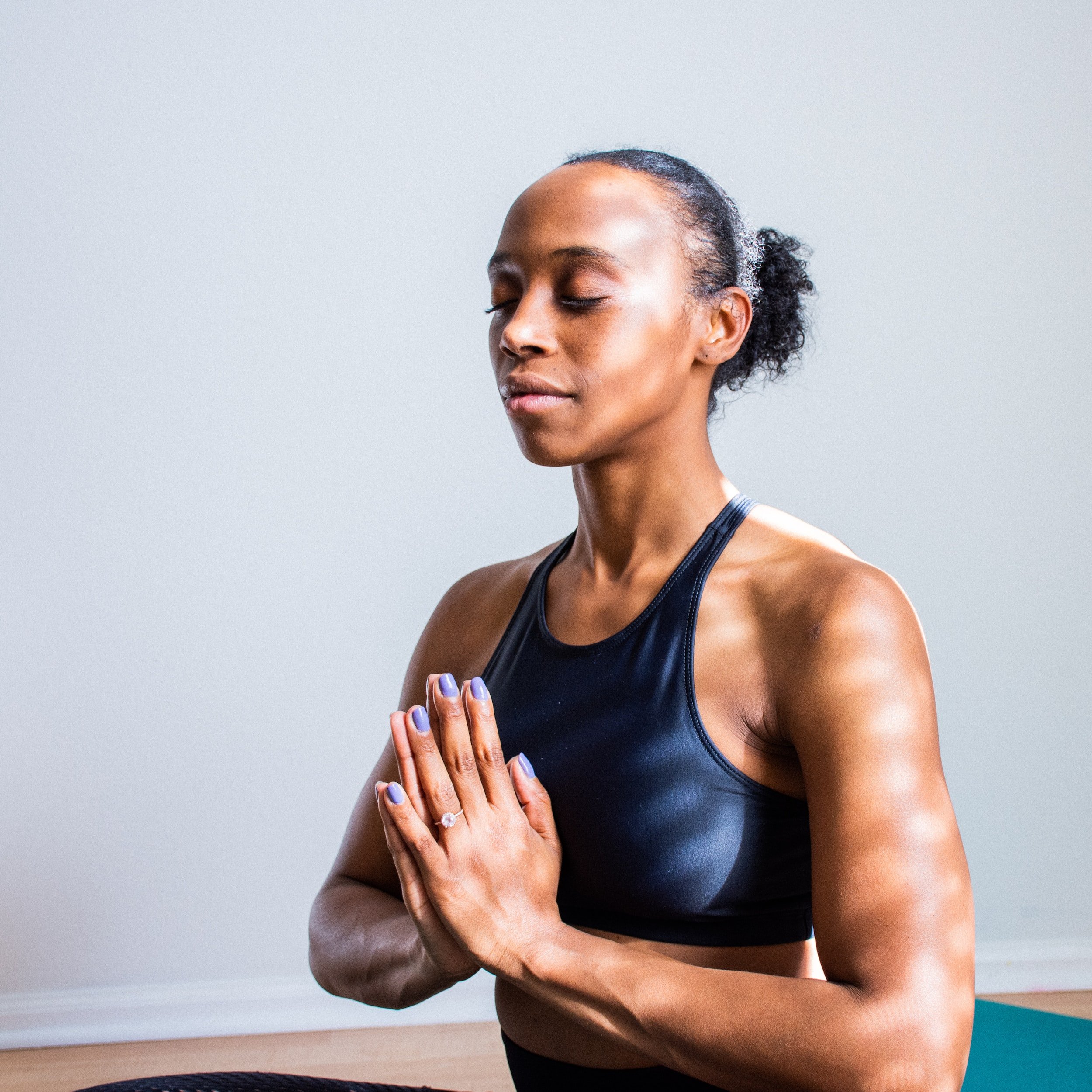Chronically overextending?
A few years ago, I found myself saying "yes" to every request and overextending. I had gotten into this pattern of thinking I could do it all. I also felt embarrassed to say "no." Fearing someone would think I was weak and worse off feeling weak myself. I mean who doesn't want to feel like they can achieve everything?
After a while of feeling exhausted and speaking to others in my circle, I began to take a hard look at my calendar and began saying "no." Saying no, doing less, and slowing down allowed my nervous system and mind to begin to calm. I found myself being less stressed, less anxious, and more capable of handling things throughout my day. I had time for myself which was important. I had time to do the things I loved to do. I also had time to pick up new hobbies and interests.
Picking up on this theme was a bit easier for me because I had gone through this myself. I could see this theme with many of my adult clients. They would make comments such as, "This is the first moment I have had to breathe today." "I am booked until 10 pm tonight and I am not looking forward to the weekend."
Each client had their own reason and feelings for overextending. Many of them knew they were exhausted but expressed difficulty saying "no." One person expressed, "I don't believe I deserve to have time for myself." Another client stated, "I don't feel good enough so I have to keep pushing." If this sounds familiar know that you are not alone and that things can change. So let's dive in and hear some suggestions that might help.
When you find yourself saying "yes" to every request and feeling like you don't have enough time for yourself, you might be chronically overextending yourself.
Overextending happens when we constantly focus on other people's needs over our own and end up feeling burnt out, overwhelmed, and anxious. It's essential to slow down and make time for self-care, but it can be hard to break the cycle of overextending. Here are some ways to help individuals who overextend to slow down:
1. Practice saying no: Saying no can be challenging, especially if you're used to saying yes all the time. Yet, it's important to understand that saying no doesn't make you a bad person or a bad friend. Saying no means you're taking care of yourself, and that's a good thing.
2. Set boundaries: Setting boundaries is an essential part of self-care. It's crucial to determine what you're comfortable with and what you're not. For example, if you're feeling overwhelmed and someone asks for your help, you might say something like, "I would love to help you, but I need to take care of myself right now."
3. Prioritize self-care: It's crucial to make self-care a priority. This might mean taking a break, going for a walk, or spending time with loved ones. When you take care of yourself, you'll have more energy to take care of others.
4. Practice mindfulness: Mindfulness can help you slow down and be more present in the moment. It's a way to observe your thoughts and feelings without judgment. Mindfulness can help you recognize when you're overextending and make more conscious decisions.
5. Seek support: Sometimes, it's hard to slow down on our own. Seeking support from a therapist or a support group can be helpful. A therapist can help you understand why you overextend yourself and teach you coping strategies to slow down and take care of yourself.
In conclusion, overextending can be harmful to our mental and physical health. However, with practice, it's possible to slow down, set boundaries, and focus on self-care. Remember that it's okay to say no and take care of yourself. Slowing down can be challenging, but it's essential to live a fulfilling life.
If you are in need of a therapist or counselor who can help reach out today. I can provide support and help you find the balance you are looking for. Together we can help you move from chronically overextending to better mental and emotional health and self-care.



